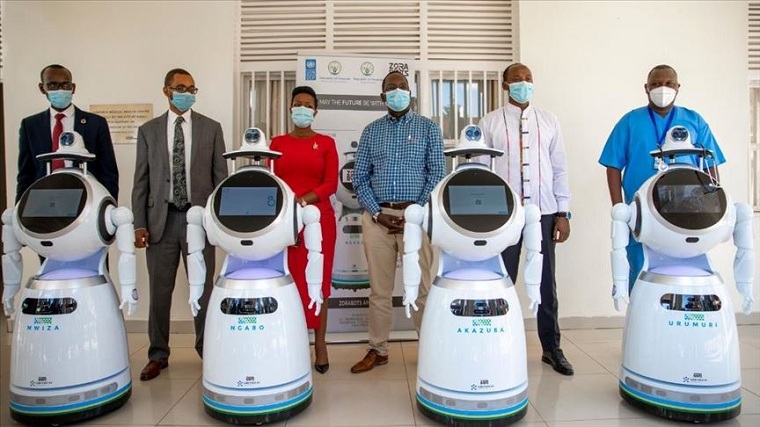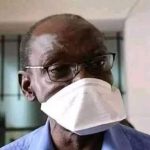By aligning education with health-sector demand, we can ensure that health professionals are providing the services their communities need, and that they are graduating with the leadership skills, knowledge, and entrepreneurial drive to innovate and adapt.
As Rwandan and other African health leaders reflect on the lessons of the COVID crisis thus far, so, too, should their Western counterparts. The countries that have struggled to contain the virus and its economic effects should reorient their health systems to serve their communities’ needs.
All countries should be thinking critically not just about available resources and technologies, but also about issues of equity, access, and public trust.
The pandemic is yet to be defeated. But while many Western publics are succumbing to skepticism and doubt in themselves and their own leaders, Rwanda has protected the vast majority of its citizens from the virus and built up even more trust in its health-care model.
The same principles underlying that model could help to save lives in better-resourced and wealthier countries, both today and in the future. The hope now is that all other countries will adopt a Rwandan-style approach, for we are all only as safe as our most vulnerable neighbors in the global community.
By Agnes Binagwaho- a former Minister of Health of Rwanda, is Vice Chancellor of the University of Global Health Equity and Senior Lecturer in the Department of Global Health and Social Medicine at Harvard Medical School. She is a fellow of the African Academy of Sciences and a member of the US National Academy of Medicine.
This article was first published by Project Syndicate
(212 VIEWS)


